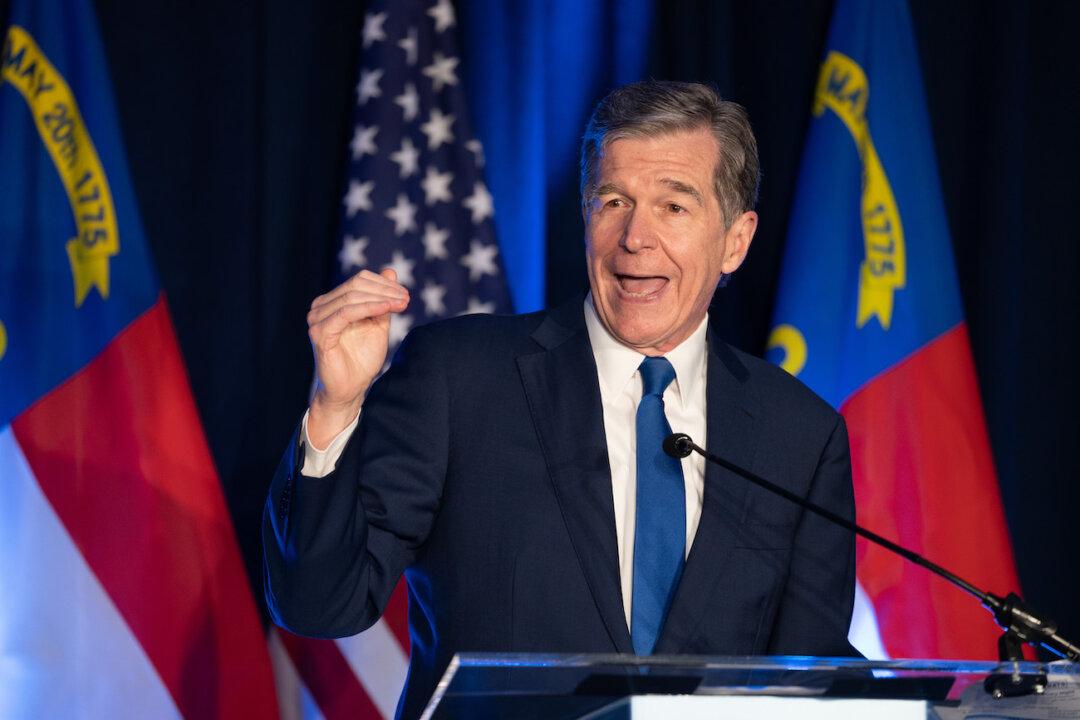Roy Cooper, the governor of North Carolina, signed an executive order on July 6 to continue enabling access to abortion in the state and shield people criminally charged with performing the procedure from being extradited to other states.
The Democrat noted that the executive order is “not intended to change and does not change North Carolina law, but rather ensures that North Carolinians are afforded the protections and rights provided under North Carolina law.”




